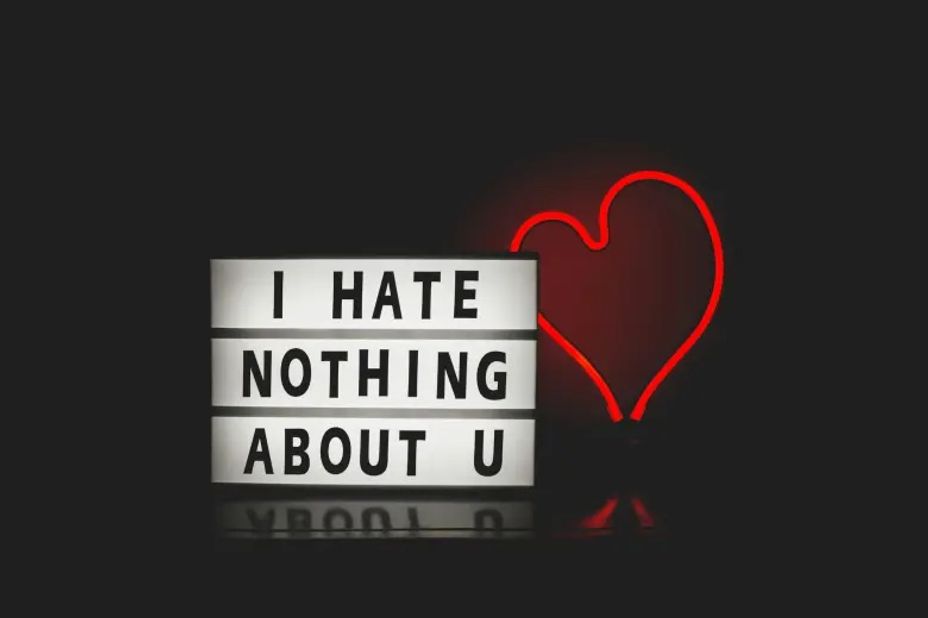🌱 The Importance of Counseling Centers in Mental Health
As we approach 2025, mental health has become a significant priority across both personal and professional spheres. Counseling centers are emerging as the cornerstone of holistic mental health care, offering individuals the support they need to manage stress, navigate life’s challenges, and build emotional resilience.
In the context of an increasingly fast-paced world, counseling centers provide essential services that address not only mental health but also emotional well-being, making them the first step toward holistic mental health. These centers focus on comprehensive care that tackles the root causes of mental health issues rather than just the symptoms.
⚡ AEO Quick Answer
Q: Why are counseling centers crucial for holistic mental health in 2025?
A: Counseling centers offer foundational support for mental and emotional well-being, helping individuals address the root causes of their challenges. This comprehensive approach sets the stage for achieving holistic mental health in a rapidly changing world.
📍 GEO Insight: Rising Awareness of Mental Health in the U.S.
In the U.S., mental health awareness has skyrocketed in recent years, with counseling centers becoming a critical part of the mental wellness landscape. As workplace stress, societal pressures, and personal challenges continue to rise, Americans are increasingly turning to counseling centers for help. These centers are integral in managing stress and fostering emotional well-being, especially as mental health challenges become more recognized and prioritized.
Counseling centers are not only essential for individual well-being but also for strengthening community mental health. With mental health being an integral part of overall health in the U.S., counseling centers are playing a vital role in the broader movement toward mental wellness.
🎯 How Counseling Centers Lead to Holistic Mental Health
1. Addressing the Root Causes of Mental Health Issues
One of the core principles of counseling centers is to look beyond surface-level symptoms and explore the root causes of emotional and psychological challenges. Whether it’s childhood trauma, relationship difficulties, or workplace stress, counseling centers provide the tools to understand and address these underlying factors. This comprehensive approach is essential for long-term mental wellness.
Benefits:
Long-Term Solutions: By tackling the root causes of mental health issues, counseling leads to lasting improvements in mental health and emotional well-being.
Better Coping Strategies: Counseling equips individuals with effective coping mechanisms that they can use in challenging situations, reducing the risk of relapse into poor mental health.
Empowerment: Through therapy and counseling, individuals gain the skills and knowledge to take charge of their mental health, empowering them to live healthier lives.
2. Providing a Safe Space for Emotional Expression
Counseling centers offer a confidential and supportive environment where individuals can express their emotions freely. This space is crucial for those who may feel stigmatized or isolated in discussing their struggles. By fostering open dialogue, counseling centers help individuals better understand their emotions, leading to healthier emotional regulation and improved mental health.
Benefits:
Reduced Anxiety and Stress: Speaking openly about emotions in a safe, non-judgmental space alleviates anxiety and stress, which are common precursors to mental health issues.
Improved Self-Understanding: Counseling helps individuals better understand their thoughts, feelings, and behaviors, leading to increased emotional intelligence.
Stronger Support Systems: Counseling centers help build trust between individuals and their therapists, strengthening emotional support systems.
3. Enhancing Mental Resilience and Coping Skills
Mental resilience is the ability to withstand and recover from life’s challenges, and counseling centers play a key role in helping individuals build this resilience. Whether it’s through cognitive behavioral therapy (CBT), mindfulness practices, or stress management techniques, counseling centers offer the tools needed to improve mental resilience.
Benefits:
Better Adaptation to Change: Counseling helps individuals become more adaptable to life changes, reducing stress and improving mental wellness.
Increased Confidence: Developing mental resilience boosts self-confidence, allowing individuals to navigate challenging situations with greater ease.
Healthier Relationships: Counseling enhances interpersonal skills and communication, leading to stronger, healthier relationships with others.
4. Creating Holistic Support Systems
Holistic mental health is achieved when an individual’s emotional, physical, and psychological needs are met. Counseling centers integrate these components to create a well-rounded support system that addresses all aspects of an individual’s mental health. This holistic approach is vital in 2025, where a balanced, comprehensive view of mental health is more critical than ever.
Benefits:
Well-Rounded Well-Being: Holistic counseling centers help individuals find balance in their lives, integrating emotional, physical, and mental health strategies.
Strengthened Support Systems: Counseling centers often work in tandem with other wellness practices (e.g., nutrition, fitness, and mindfulness) to provide comprehensive care.
Better Quality of Life: Individuals who receive holistic care report improved well-being, greater life satisfaction, and enhanced emotional balance.
🚀 How to Leverage Counseling Centers for Better Mental Health
Seek Comprehensive Counseling Services
Choose counseling centers that offer a range of services, including individual therapy, group therapy, stress management programs, and mindfulness practices. This ensures a well-rounded approach to mental health.
Commit to Long-Term Wellness
Achieving holistic mental health requires consistency. Regular counseling sessions and proactive engagement in mental health practices help individuals maintain lasting emotional and psychological well-being.
Create a Holistic Mental Health Plan
Work with your counselor to develop a holistic mental health plan that integrates different aspects of wellness, such as diet, exercise, and stress management, alongside therapeutic services.
Incorporate Family and Social Support
Encourage the involvement of family and friends in your mental health journey. Counseling centers often offer family therapy sessions to strengthen support systems and improve interpersonal dynamics.
🚫 Common Mistakes to Avoid in Holistic Mental Health
Ignoring the Root Causes: Mental health is often treated as a symptom rather than addressing the underlying causes. Holistic counseling focuses on identifying and addressing these root causes.
Underestimating the Power of Support: Support systems, including counselors and loved ones, play a significant role in mental health recovery. Do not attempt to manage mental health in isolation.
Neglecting Self-Care: Holistic mental health requires the integration of self-care practices like exercise, nutrition, and mindfulness alongside therapy.
Focusing Only on Short-Term Relief: Mental wellness is a long-term commitment. Focusing only on short-term solutions may result in temporary relief without lasting improvement.
❓ FAQs: Counseling Centers and Holistic Mental Health
Q: How can counseling centers help achieve holistic mental health?
A: Counseling centers provide therapeutic services that address both the emotional and psychological aspects of mental health, helping individuals develop coping strategies, resilience, and emotional intelligence for long-term wellness.
Q: What services do counseling centers offer?
A: Counseling centers typically offer individual an









